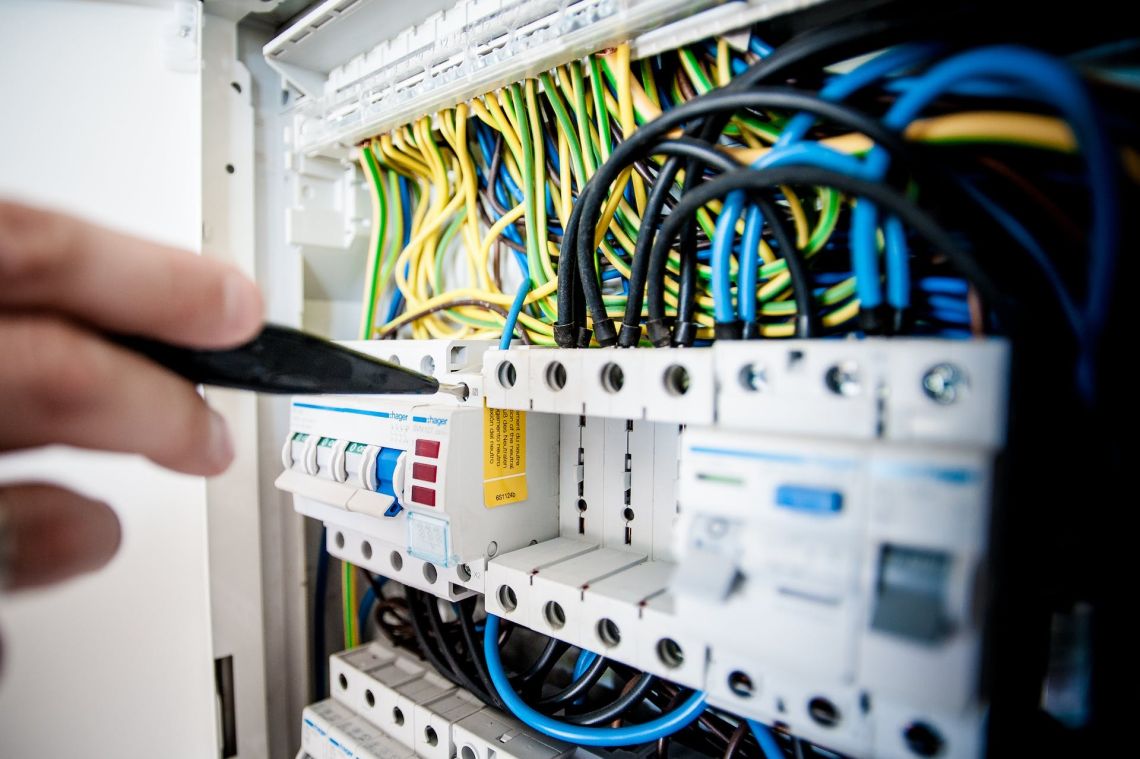Below we highlight the main changes due for indroduction in March 2024.
- water pipes must be free of lead (where this cannot be ascertained water testing must be carried out to check for the presence of lead piping) Water pipes are tested by Scottish Water as a matter of course at present. If contacted, Scottish Water will also send out a sampler to test for lead levels. If lead levels don’t meet the legal standard they will investigate and if lead pipes are detected, which belong to Scottish Water they will remove them. If they are within the boundary of the property then it will be the landlords responsibility to remove them.
- electrical installations must be protected by a residual current device (RCD) The vast majority of electrical installations are already RCD protected but for those few landlords whose properties are identified as not being fully protected will be contacted by 1Let to discuss remedial works.
- properties must have a fixed space heating system (a permanent installation in the property which is plumbed or hard wired and capable of maintaining a temperature of 21⁰C in at least one room and 18⁰C elsewhere, when the outside temperature is minus 1⁰C.) The existing duty to ensure that installations for the supply of heating are in a reasonable state of repair and in proper working order will be amended to specify that there must be a fixed heating system in a private rented house.
- installations for fuels other than gas and electricity to be in a reasonable state of repair and in proper working order. The existing duty to ensure that installations for the supply of gas and electricity in a private rented house are in a reasonable state of repair and in proper working order will be extended to any other type of fuel such as wood burning stoves and oil boilers.
- any common parts pertaining to the property must be able to be accessed and used safely The existing duty to ensure that the structure and exterior of the house is in a reasonable state of repair and in proper working order will be amended to specify that where a privately rented house is a flat in a tenement, the tenant must be able to safely access and use any common parts of the tenement, such as common closes.
- the property must have satisfactory provision for, and safe access to, a food storage area and food preparation space The repairing standard will be amended to include a requirement to have safely accessible food storage and food preparation space in a private rented house.
- where the property is in a tenement, common doors must be secure and fitted with satisfactory emergency exit locks and a secure entry system Scottish Government guidance which will specify that locks must allow users to open them from the inside without a key so that they do not inhibit exit in the event of a fire. However, Under section 16 of the Housing (Scotland) Act 2006, a landlord is not required to carry out any work on common parts if they cannot get the rights or consent needed to do it. We are identifying those properties which do not meet this standard and will notify landlords accordingly.

